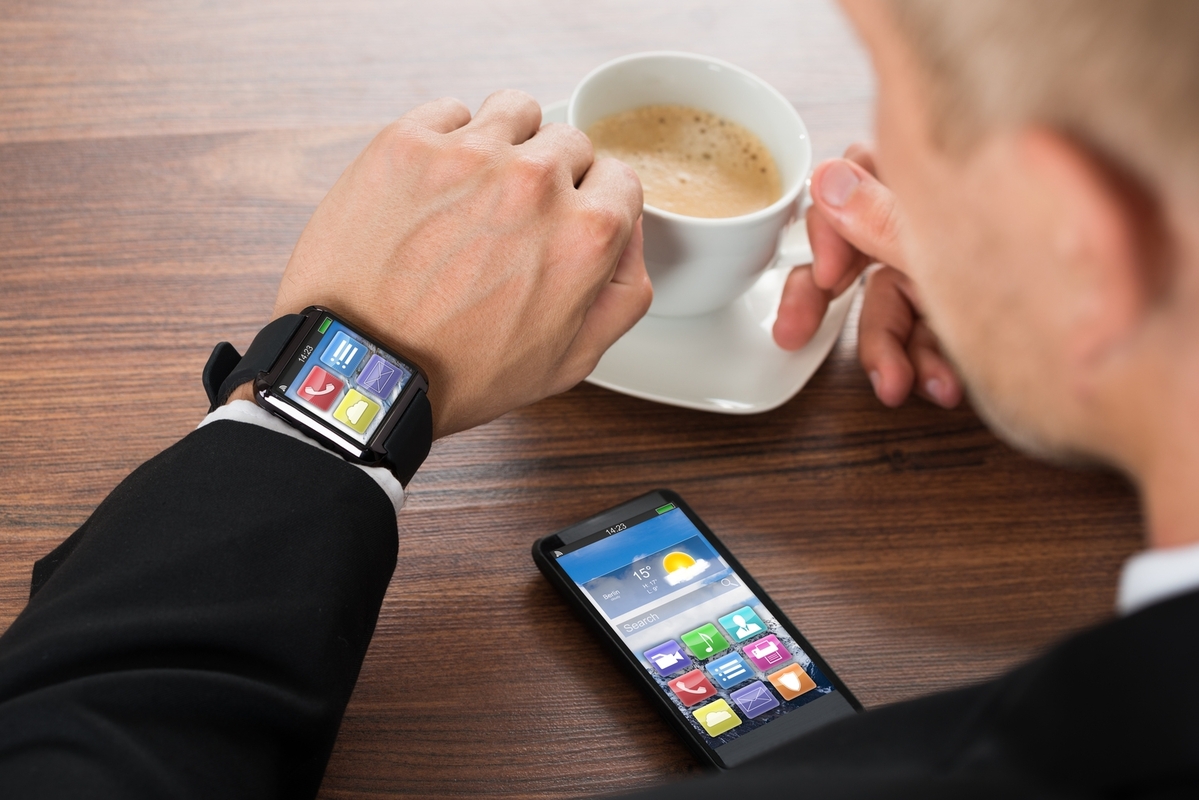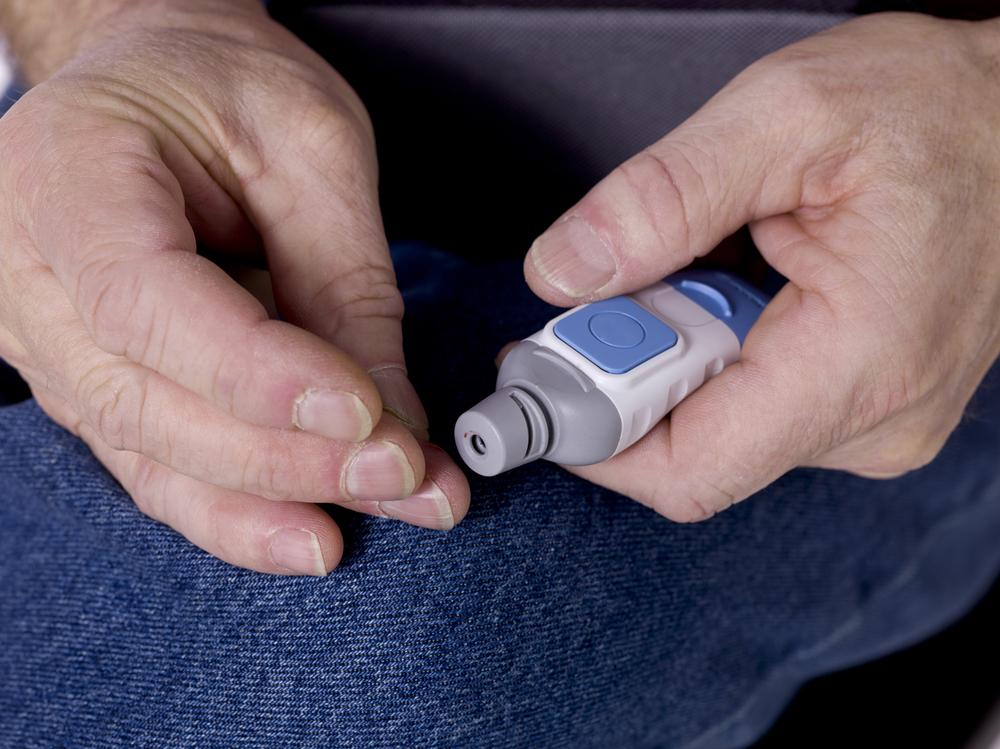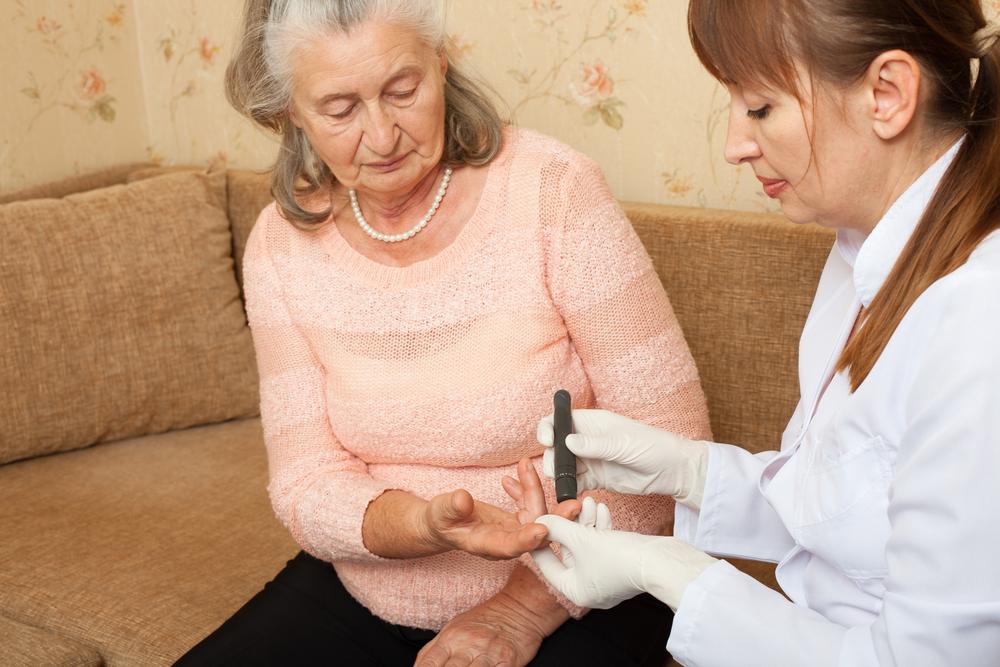How Smartwatches Enhance Diabetes Management
Smartwatches are revolutionizing diabetes management by offering real-time glucose monitoring, health metrics tracking, and personalized alerts. These devices enhance daily health oversight, improve treatment adherence, and provide valuable data insights for better disease control. Despite some initial costs, their convenience and ability to integrate with health apps make them essential tools for proactive diabetes care. As technology develops, smartwatches will play an increasingly vital role in managing chronic conditions and improving patient outcomes.
Sponsored

Advancements in wearable technology are transforming healthcare, especially for those living with diabetes. Modern smartwatches now come equipped with features that support vital health monitoring, making diabetes management more accessible and effective. These devices allow users to track key health indicators conveniently, fostering proactive care and better control over the condition.
Diabetes impacts millions worldwide and demands regular monitoring of blood sugar, activity levels, and heart rate. Traditionally, dedicated devices like glucose meters and insulin pumps have been essential tools. However, smartwatches now serve as complementary devices that enhance routine care through continuous health data tracking.
Key Features and Advantages of Smartwatches for Diabetics:
1. Integration with Continuous Glucose Monitoring (CGM):
Contemporary smartwatches can connect seamlessly with CGM systems, providing real-time glucose readings and alerts for fluctuations. This direct access helps users make quick, informed decisions about their health.
2. Monitoring Vital Health Metrics:
Equipped with sensors, smartwatches track physical activity, calorie expenditure, and heart rate, offering a comprehensive view of health. Such data helps diabetics tailor their exercise routines and understand how their bodies respond to different activities.
3. Reminders and Alerts:
These devices can notify users to take medication, check blood sugar, or administer insulin, reducing missed doses. They can also warn of abnormal glucose levels, prompting immediate action.
4. Data Analysis and Health Apps:
Syncing with health management apps, smartwatches compile long-term data, enabling sharing with healthcare providers. This enhances personalized treatment and encourages informed lifestyle modifications.
5. Convenience and Ease of Use:
Having health data accessible on the wrist simplifies monitoring. Unlike bulkier traditional devices, smartwatches are practical and always available.
Considerations:
While offering numerous benefits, smartwatches can be costly initially, especially compatible CGM systems. Users should also consider device accuracy, battery life, and compatibility with their existing health setups. Importantly, smartwatches complement, not replace, professional healthcare advice. Working closely with healthcare providers ensures effective integration into diabetes management routines.
In summary, smartwatches are revolutionizing diabetes care by providing continuous monitoring, actionable insights, and greater convenience. Despite some challenges, their ability to support proactive health management promises a brighter outlook for people living with diabetes. As technology advances, their role in healthcare is expected to expand further, bringing innovative solutions to disease management.






